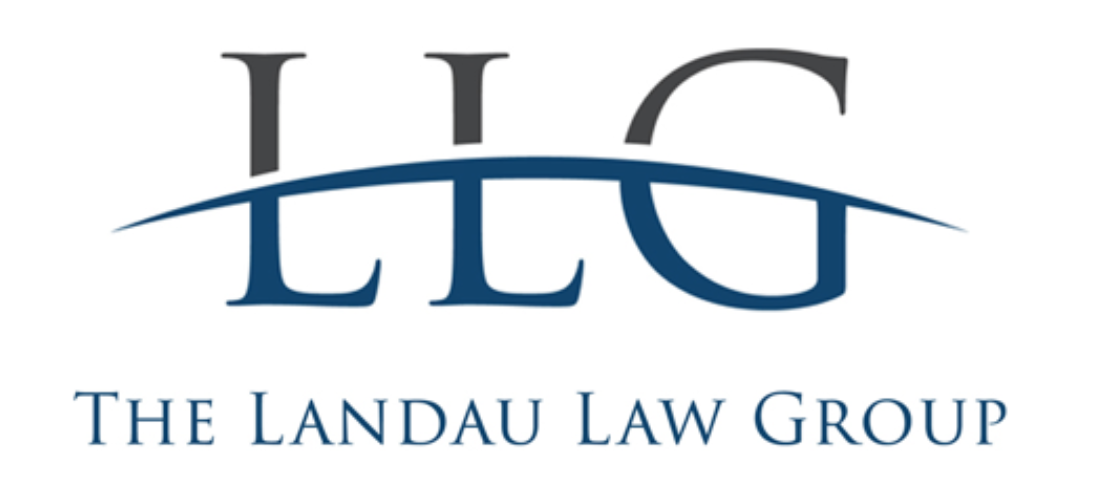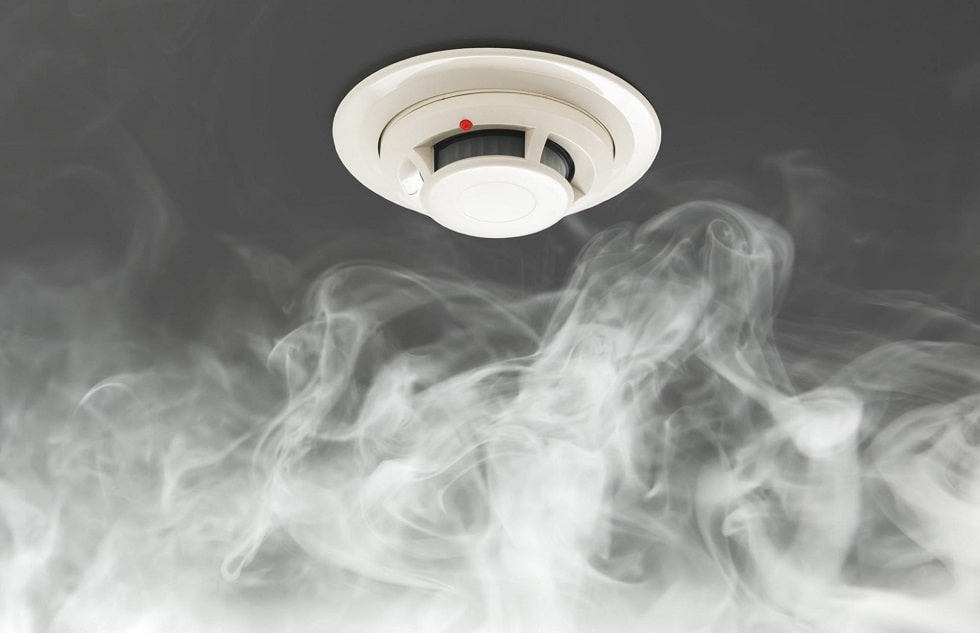Fires in your home can start very easily, and it is important for a homeowner to know how to avoid them.
Here are the most common fire hazards in households and what you can do to avoid them.
Common fire hazards and how to avoid them
Laptops
Laptops are known for overheating. As technology progresses, most laptops have automatic shut-down features that stop them from overheating. But, just in case, we would recommend not charging laptops on blankets, pillows, comforters, or any sort of bedding that can be caught on fire. A blanket can ignite your home within minutes.
Dryer Lint
Make sure you are cleaning the lint trap in your dryer or else you could be a victim of a dryer fire. Lint gets built up near motors and heating devices in driers. There are thousands of house fires per year that start just from dryer lint.
Barbeques or Grills
Grilled food is a very common American meal, but it can also be very dangerous to make. Grills can catch fire to your house when kept close enough and are known for catching patio furniture, awnings, and backyards on fire as well. Keep your grill a safe distance from anything of value. Barbequing food can spark unpredictable flames and in turn, cause lots of property damage. When done grilling, be sure that the grill is turned off.
Dust Bunnies
Yes! Even dust is a fire hazard. It ignites quickly when near a spark. Make sure areas by electrical sockets are especially clean, as that is where most dust fires can start.
Hair Styling Tools
A majority of households own some sort of hair straightener, curler, or hairdryer. If you do own one, you know how easy it is to forget to unplug them. A straightener heats up to 400 degrees on average. Make sure you don’t leave them running and place them on a heating mat to cool down after use.
Candles
One of the more obvious fire-starters in homes is candles. They smell great but can be super dangerous when left unattended. People make mistakes and the moment you leave a candle next to a cardboard box, your house could be in flames. Avoid candle fires by blowing out and covering your candle with the lid after use. Also keep candles away from flammable materials while they are lit.
Smoking
Not only is smoking bad for you, but it is also bad for your home. Butts of cigarettes can stay lit for hours even if you thought they were put out. Keep cigarettes away from bedrooms specifically, as bedrooms tend to cause the most smoking-related fires. Cigarettes may get thrown into sheets accidentally, causing a fire if it is still lit. To avoid smoking fires entirely, don’t smoke inside of your house.
Fireplaces
If used incorrectly, fireplaces can start deadly fires. Make sure your chimney is clean before lighting the fireplace and do not leave it lit when the house is unattended.
More Hazards
The hazards that were listed are just the beginning. Here are a few more just to keep in mind:
- Cooking
- Frying with oil
- Fairy lights
- Bad wiring
- Christmas trees
- Flammable liquids
- Stashes of paper
- Cluttered kitchens
- Crumbs in toaster
Avoiding Fires in your Home
The biggest thing you can do to avoid a house fire is to keep your home clean! Dust, declutter, and don’t store things like paper or flammable liquids in spots with fire hazards.
Be careful when cooking and make sure you own a fire extinguisher. Even the most experienced chefs can make mistakes.
Keep an eye on young children. Stove knobs are easy to turn. Electrical sockets are low to the ground, making them easy to mess with. And teach your children about fire safety in general.
Test smoke alarms often. If there is a fire, it is important you get out of the house as quickly as possible. Make sure batteries are changed when needed.
Property Damage Lawyers at Landau Law Group
If you or someone you know has recently suffered a house fire, have them contact Landau Law Group today for a free consultation regarding the case.
Property Damage Blog Posts
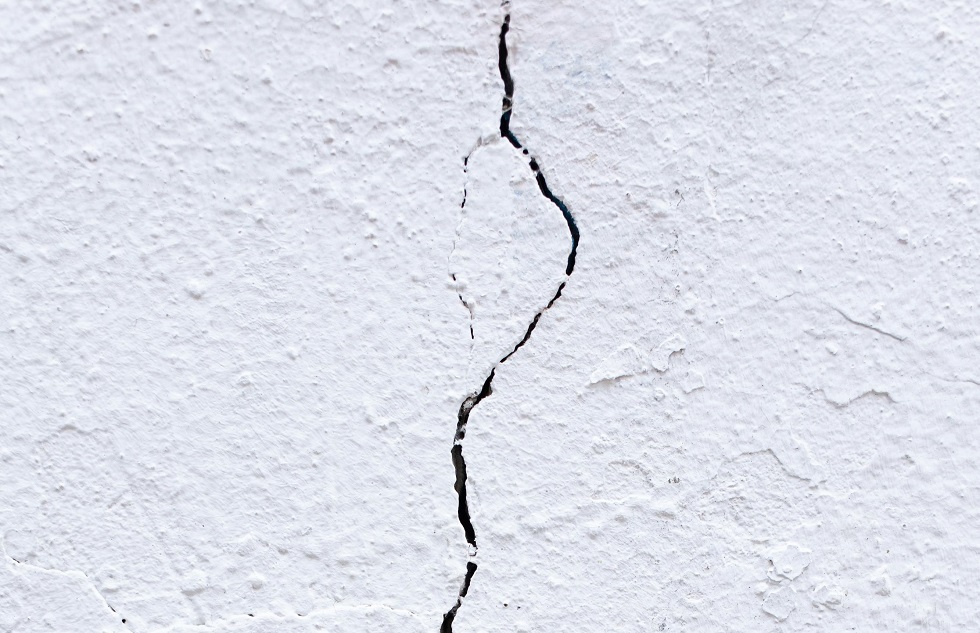
How Do Home Insurance Companies Determine Pre-existing Damage?
Home insurance companies employ various methods to assess pre-existing damage when evaluating property damage claims. This process is crucial for insurers to determine the validity and extent of coverage for property damage. Insurance adjusters conduct thorough visual...
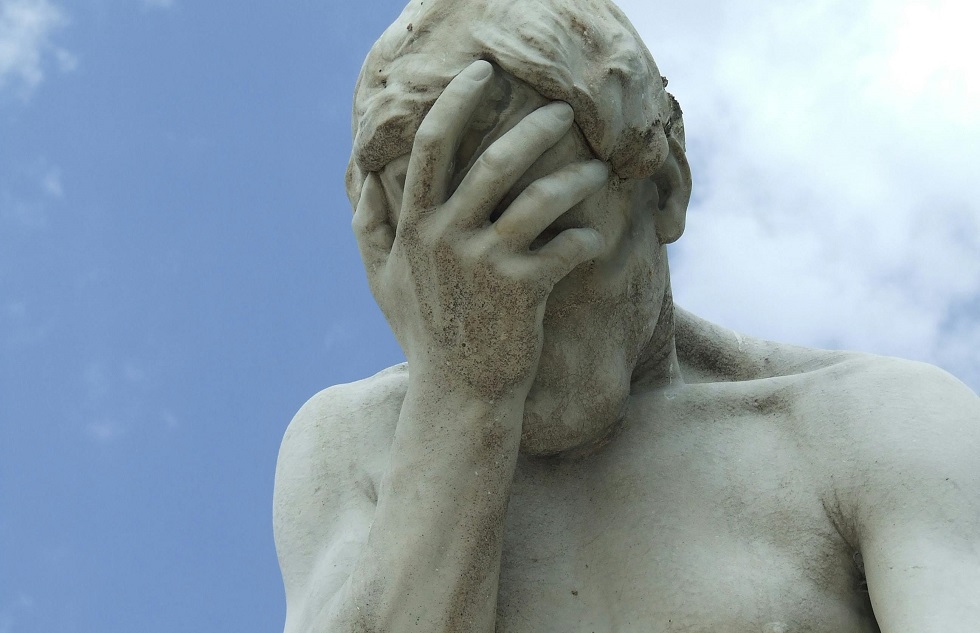
Signs Your Insurance Adjuster Estimate Is Too Low
Insurance claims can be complex, and receiving an adjuster's estimate that seems too low is a common frustration for policyholders. Recognizing the signs of an undervalued estimate is crucial to ensure fair compensation for property damage or losses. Key indicators of...
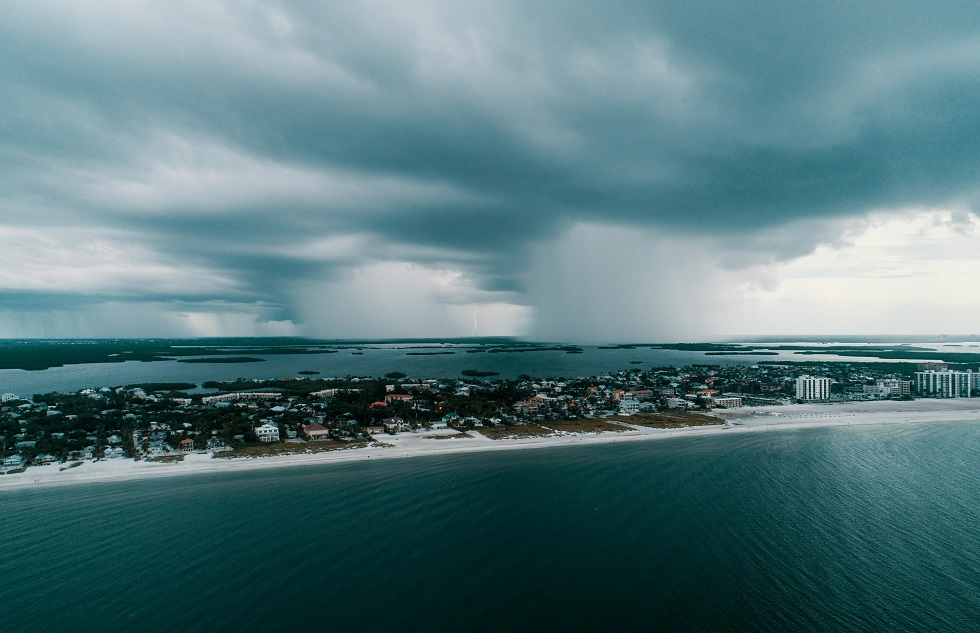
Why Does Florida Have So Many Hurricanes?
Florida is renowned for its beautiful beaches, vibrant culture, and, unfortunately, its frequent encounters with hurricanes. The state's unique geographical location and climate conditions make it particularly vulnerable to these powerful storms. Florida's position on...
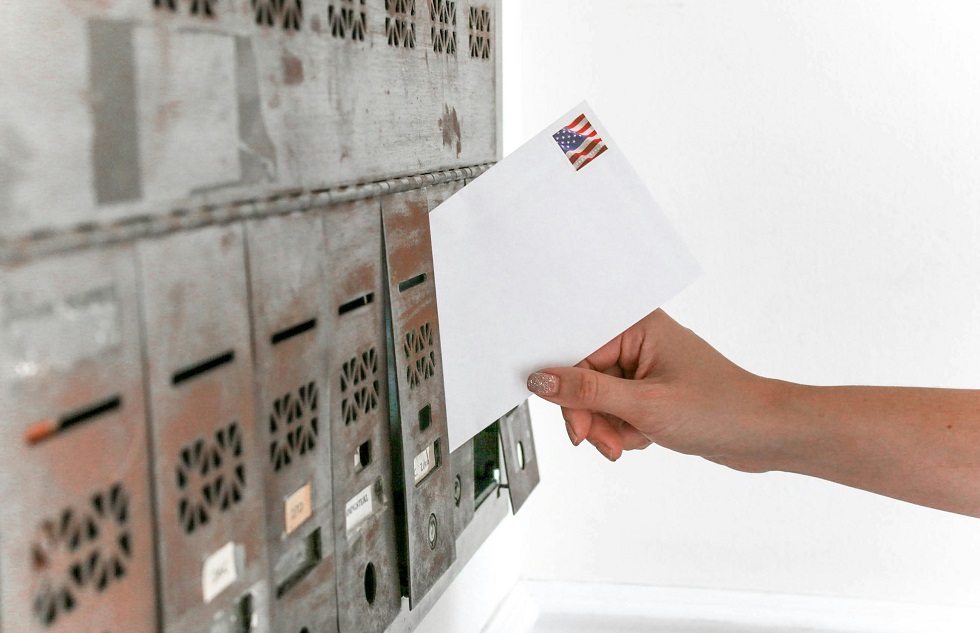
What To Do If You’re Denied Hurricane Damage Claim For Home
Hurricane damage can be devastating for Florida homeowners, leaving them in a state of distress and financial uncertainty. When insurance claims for such damage are denied, it adds another layer of stress to an already difficult situation. Facing a denied claim...
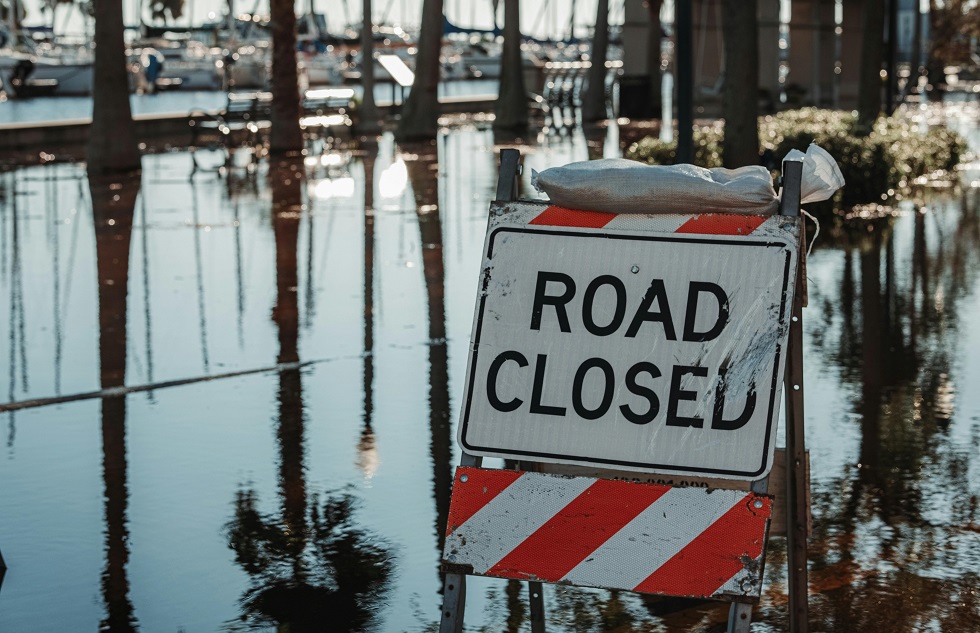
Guide To Documenting Damages For A Florida Flood Claim
Proper documentation of flood damage is crucial for a successful insurance claim in Florida. When floodwaters recede, homeowners face the daunting task of assessing and recording the extent of their losses. Thorough documentation, including photos, videos, and...
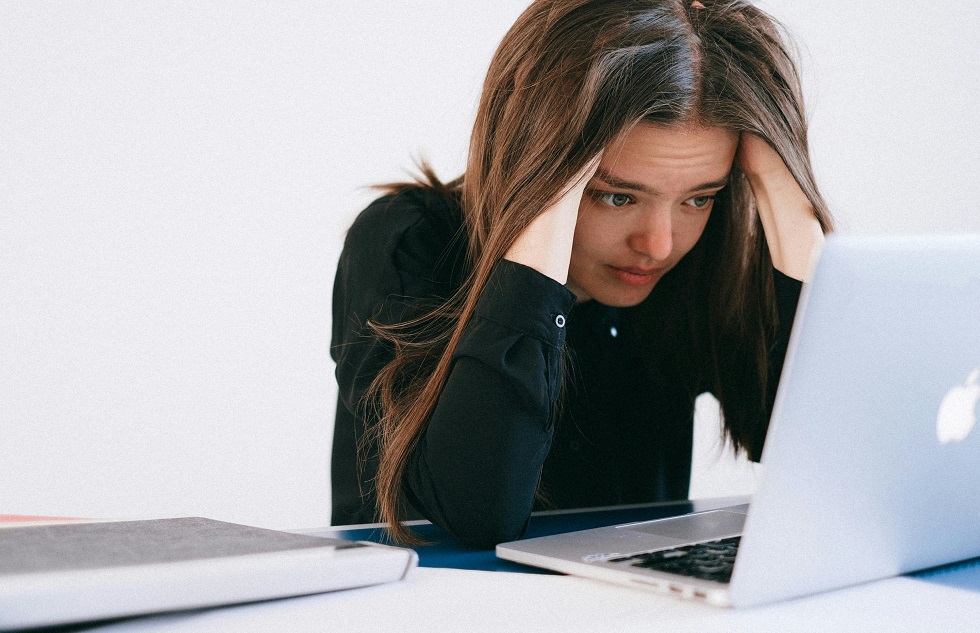
What To Do If You Disagree With A Home Insurance Adjuster
Dealing with a home insurance claim can be stressful, especially when you disagree with the adjuster's assessment. Many homeowners find themselves in this frustrating situation after experiencing property damage or loss. If you disagree with the insurance adjuster's...
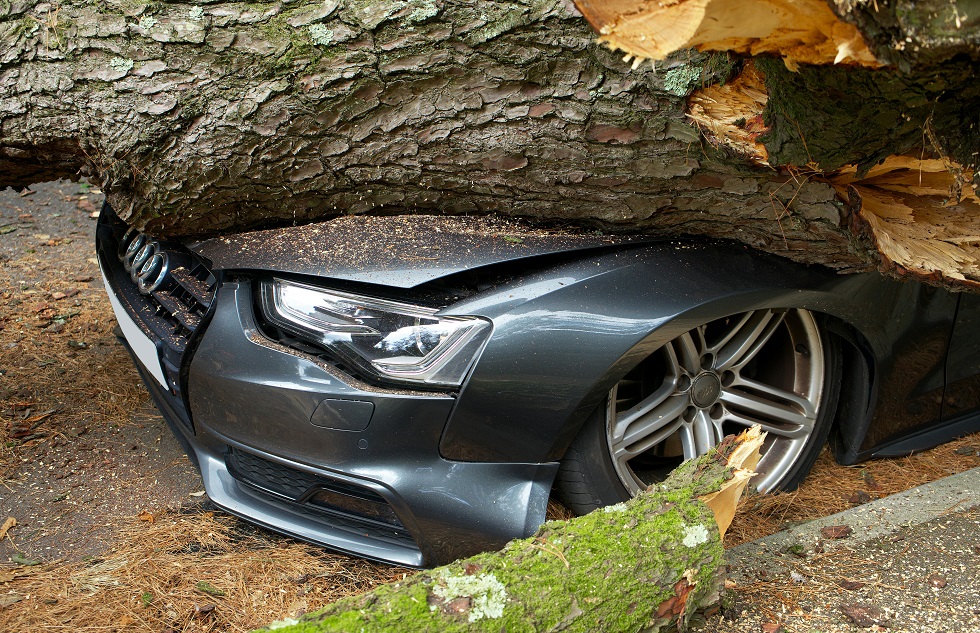
How To Sue Your Neighbor for Property Damage in Florida
Property damage disputes between neighbors can quickly escalate, turning once-friendly relationships sour. If you're facing significant property damage caused by a neighbor in Florida, legal action may be necessary to protect your interests and recover damages. In...
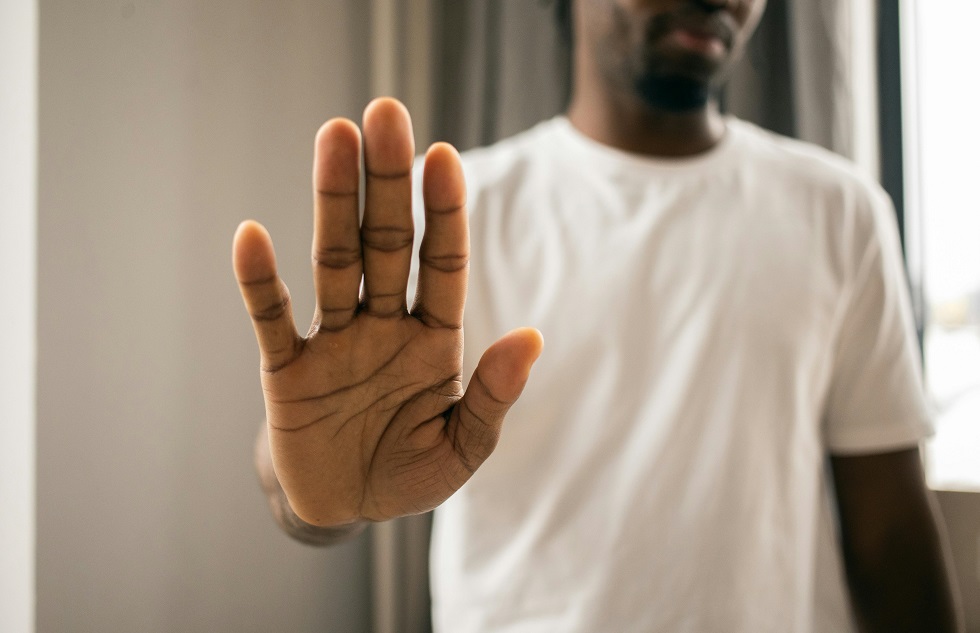
Common Reasons Your Florida Hurricane Damage Insurance Claim May Be Denied
Florida homeowners face a daunting challenge when their hurricane damage insurance claims are denied. Understanding the common reasons for these denials can help you navigate the claims process more effectively. Insurance companies may deny claims due to inadequate...



